Alexei Navalny: why do Ukrainians consider him an imperialist?
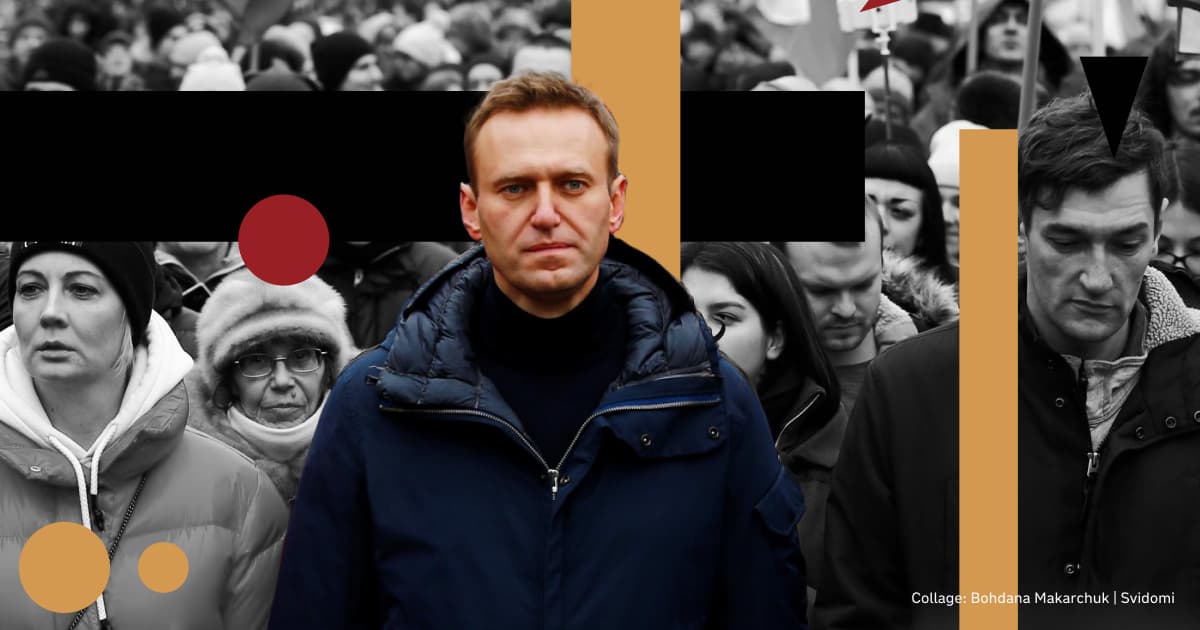
On February 16, Russian pro-government media reported the death of Russian opposition leader Alexei Navalny. At first, his team did not confirm the reports. However, on the morning of February 17, Navalny's spokeswoman Kira Yarmysh confirmed the death. She stated that the opposition leader died on February 16 at 2:17 p.m. local time. The prison where they held Navalny is in Labytnangi, Yamalo-Nenets Autonomous Okrug, Tyumen region, almost 2,000 km from Moscow.
Navalny's death comes a month before Russia's next presidential election. It set off a strong reaction among political leaders around the world. European Commission President Ursula von der Leyen, US President Joe Biden, German Chancellor Olaf Scholz, Ukrainian President Volodymyr Zelenskyy and Foreign Minister Dmytro Kuleba all responded to his death.
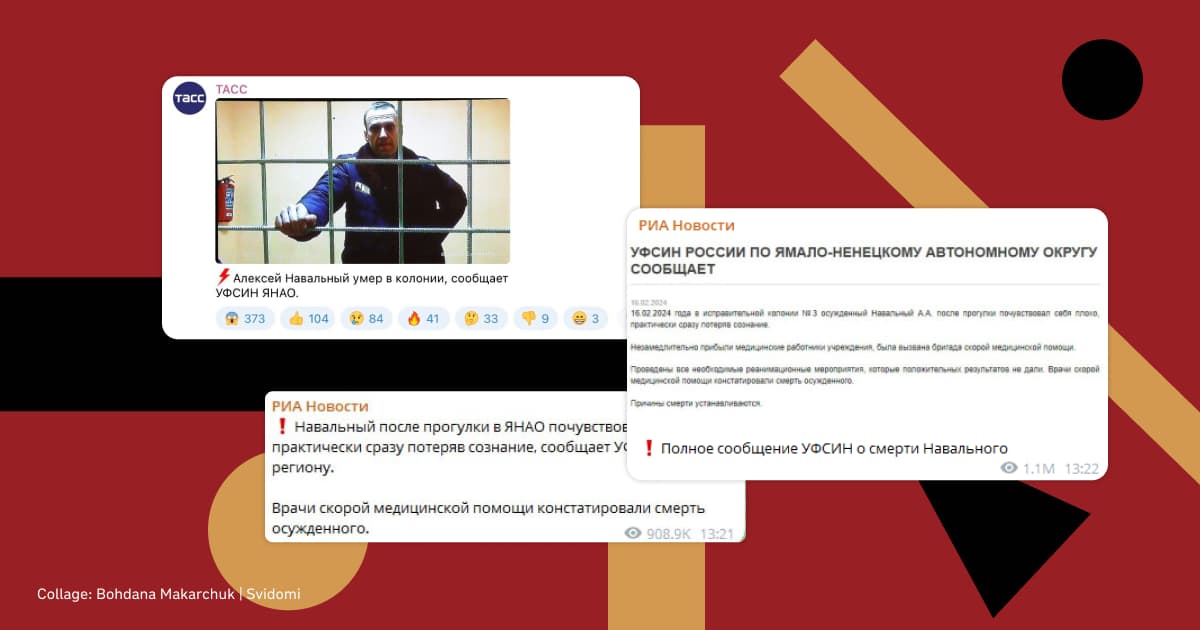
However, among Ukrainians, the news of Alexei Navalny's death was an opportunity to recall that despite exposing corruption in his own country, he had imperialistic views on Russia's geographical neighbours, including Ukraine, and the peoples living within the Russian Federation.
Imperial narratives
In 2012, a year before the start of the Revolution of Dignity in autumn 2013 and winter 2014 in Ukraine, then-civic activist Alexei Navalny said on the Ukrainian TV channel Inter that "there is no country more related to Russia than Ukraine". Navalny used the Russian imperialist claim that "Ukrainians and Russians are practically one people". Navalny then noted that he was not "going to prove that there is no Ukrainian nation".
"For God's sake, let it exist, and everything is fine." In his opinion, this did not contradict the integration processes of the two countries (integration processes were indeed taking place between Ukraine and Russia at the time. This was due to the policy of the then pro-Russian president of Ukraine, Viktor Yanukovych – ed.)
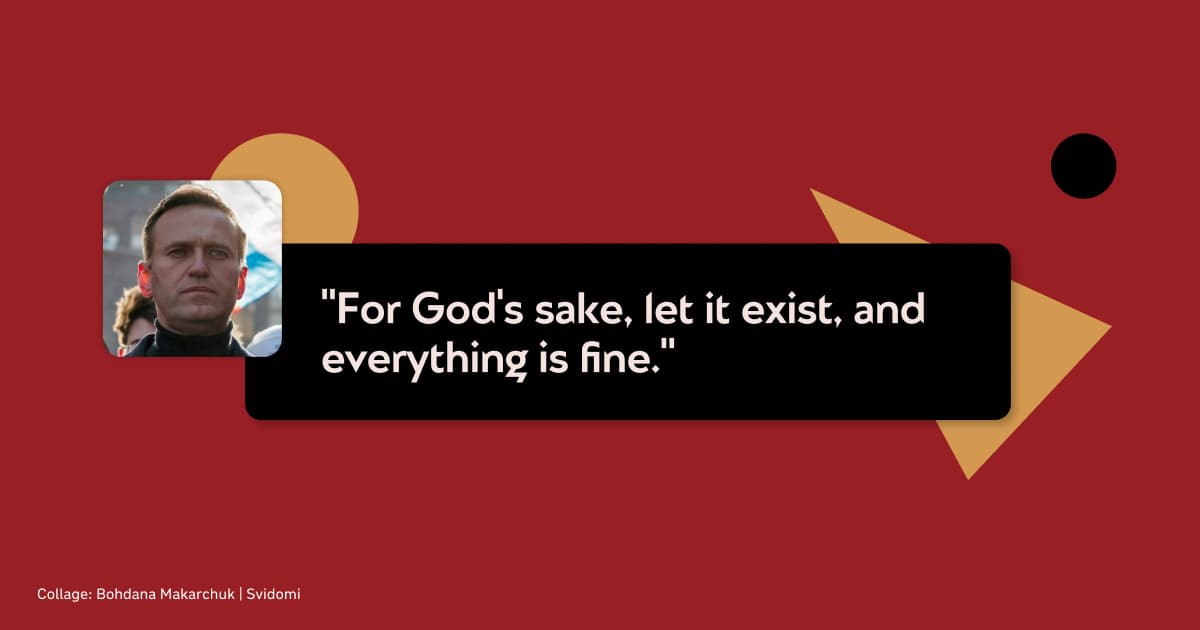
The Ukrainian Institute of National Memory explained that the label of fraternal peoples or "one nation" was used by the Russian Empire and the Soviet Union. The spread of this label is an attempt by Russians to deny the right of Ukrainians to make their own historical choices and to bind Ukraine to the Russian paradigm. Ukrainians and Russians are two different peoples with different cultures, languages and histories.
Support for the occupation of Crimea
After the occupation of the Crimean peninsula (Qırım yarımadası, in Crimean Tatar, the language of the indigenous people of the peninsula – ed.) by Russia in October 2014, Navalny, in an interview with Ekho Moskvy, answered the question of whose Crimea was: "Crimea belongs to the people who live in Crimea... The peninsula was seized in blatant violation of all international norms, but it is now part of Russia and will remain so and will never again become part of Ukraine soon. Is Crimea a sandwich with sausage to be returned back and forth?"
The following year, in May 2015, he gave an interview to the Voice of America and Radio Liberty. At the time, he said that "the seizure of Crimea was a harmful violation of international agreements in violation of the Budapest Memorandum on the Non-Proliferation of Nuclear Weapons, but the issue of Crimea cannot be resolved quickly".
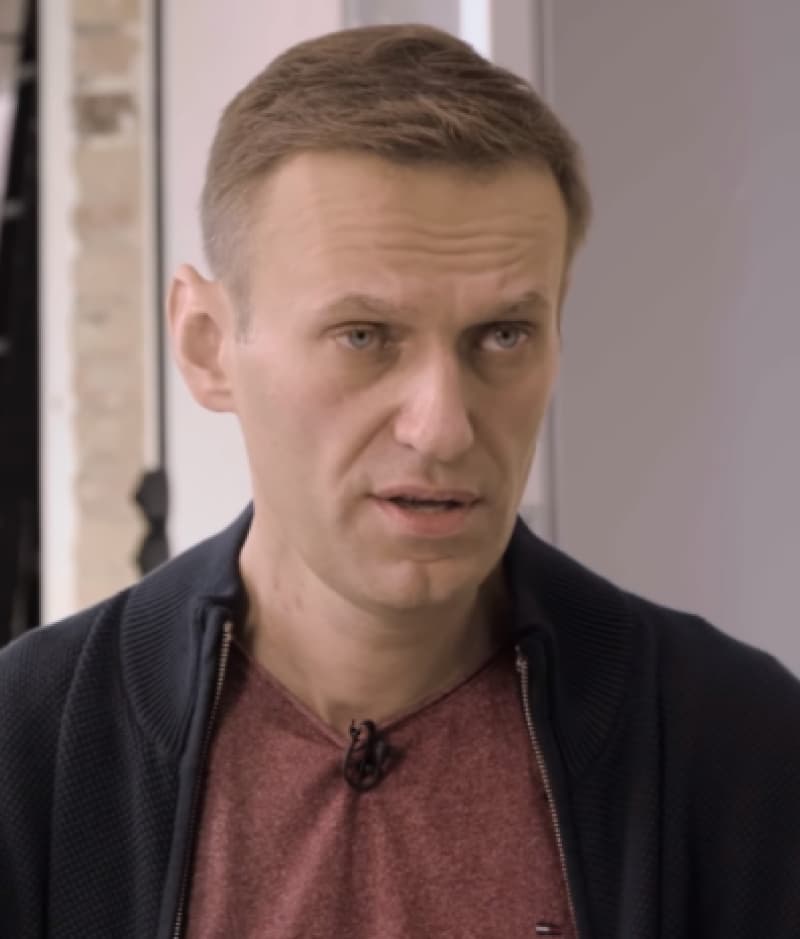
"Strategically, what has been done with Crimea, not to mention Ukraine, will cause great damage to Russia. And it has even dealt a huge blow to the very 'Russian world' that Putin is supposedly defending because we have gained nothing but a huge country of 40 million people, where the population now simply hates us,"
he said.
In July 2017, in another interview with Ekho Moskvy, Alexei Navalny said that if elected president of Russia, he would hold a "fair referendum" in occupied Crimea and try to involve Ukraine and the EU. In addition, he said that Crimean residents would suffer if investments did not come to the peninsula.
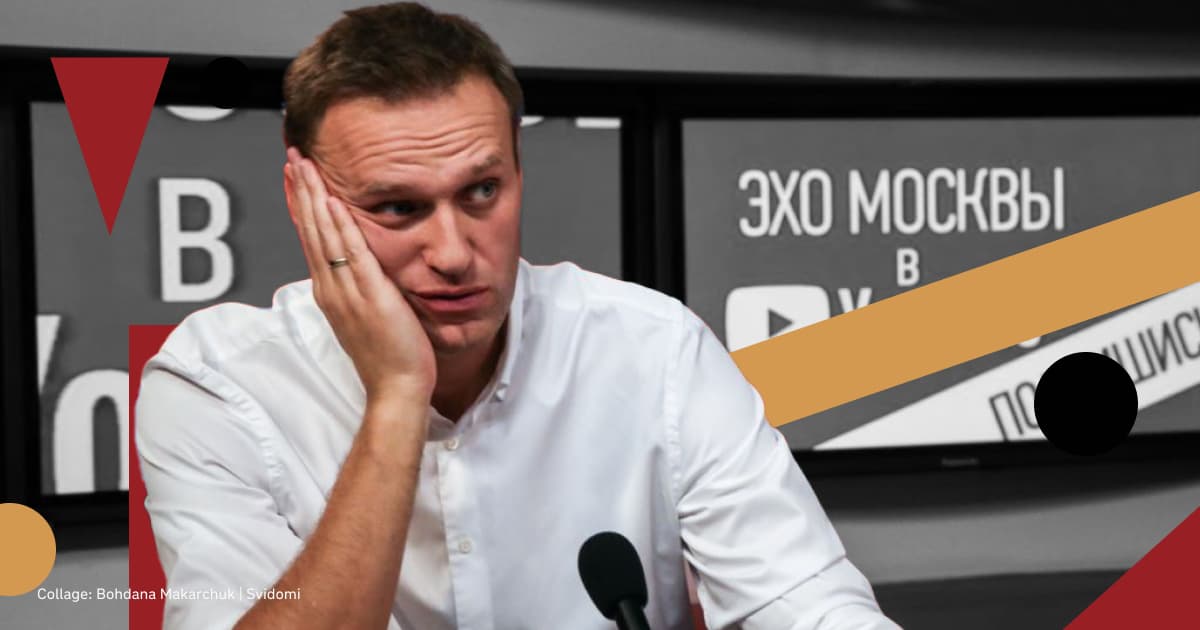
In 2019, Navalny said: "Of course, what happened in 2014 [in Crimea] were illegal things. But we have entered a part of politics lacking simple solutions. There are 2 million people there with Russian passports. So it's already some kind of incomprehensible mix. You can't reverse this like you can't reverse a mincemeat. Therefore, there is no simple solution to the Crimean problem." And again, he added the need for a "referendum".
"Ukrainians are khokhly"
The social network X (formerly Twitter) still has a post by Alexei Navalny where he called Ukrainians 'khokhly'. It is an ethnic slur, derogatory Russian term for Ukrainians, used to demonstrate their superiority over Ukrainians.
In fact, back in August 2014, on the eve of the Ilovaisk tragedy (in August 2014, Russian troops surrounded the Ukrainian military near the town of Ilovaisk, Donetsk region. Ukraine and Russia had agreed on a 'green corridor' to allow Ukrainians to leave. The Russians violated the agreement and opened fire on the Ukrainian convoys, killing 300 Ukrainian soldiers. The total number of casualties is up to a thousand – ed.) Navalny and his associate Leonid Volkov discussed the Russian president's address to the "militants in eastern Ukraine", in which the latter allegedly called for the creation of a humanitarian corridor for the withdrawal of Ukrainian troops.
Navalny wrote that "it is certainly not militants who have surrounded the Ukrainians. And it will not be militants who will destroy them in case something happens. And this is a big deal at this stage." Navalny hinted that Russian troops surrounded the Ukrainian military. And instead of condemning Russian aggression, he writes that the Russian president has actually admitted that Russian troops are in eastern Ukraine.
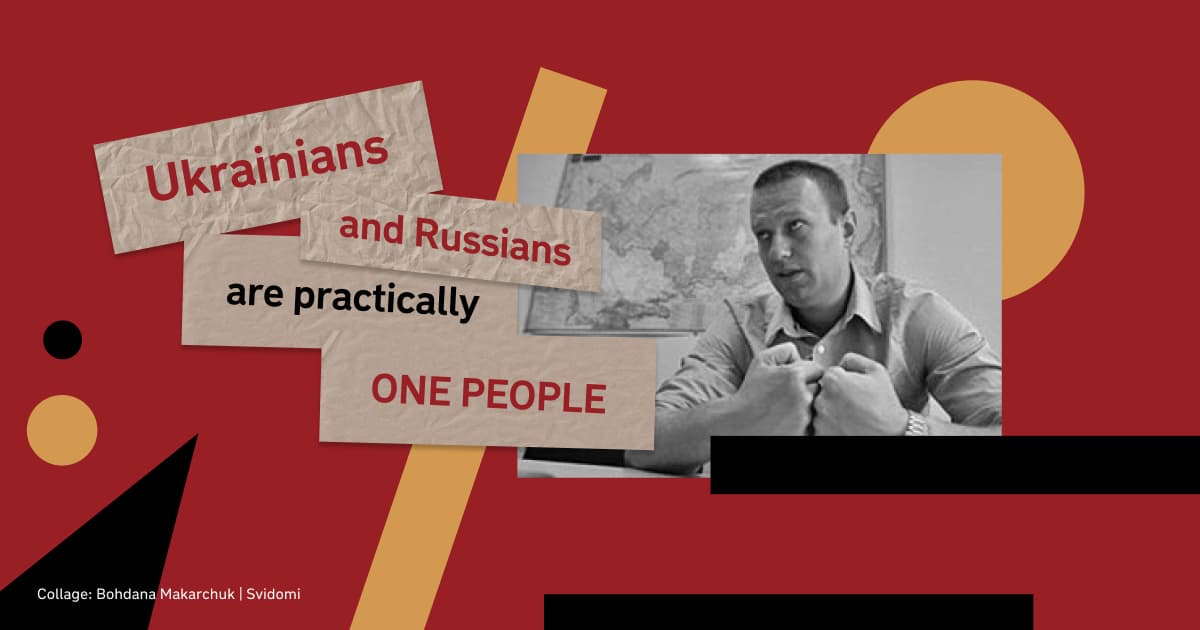
Denial of Ukraine's right to an autocephalous church
In 2018, on the eve of the Ecumenical Patriarch and the Holy Synod of the Orthodox Church of Constantinople granting Ukraine the Tomos (canonical document) of autocephaly (independence) of the Orthodox Church of Ukraine, Navalny wrote: "An event of historic proportions will take place today. A split. The Council in Kyiv will complete the creation of the Local Church in Ukraine. The Russian Orthodox Church will lose up to half its 'living' parishes. What was created for hundreds of years was destroyed by Putin and his idiots in four years. Putin is the enemy of the Russian world."
Navalny did not state the harmfulness of the Russian World concept, based on using the Orthodox faith, Slavic roots, and the Russian language as a unifying factor around Russia. In fact, its supporters do not recognise the borders of independent Ukraine, its right to separate existence and consider Ukraine to be a sphere of Russian influence. Yet he called Putin the enemy of this concept.
Spreading groundless claims of total corruption in Ukraine
In 2021, on the day of President Volodymyr Zelenskyy's inauguration, Alexei Navalny claimed that Ukraine was more corrupt than Russia. He claimed that Ukrainian oligarchs controlled most of the economy and that 95 per cent of 95% of the Ukrainian political elite were "a bunch of corrupt scoundrels".
Of course, there are problems with corruption in Ukraine, but Navalny's claims are groundless, as he has not lived in Ukraine and has not studied the political situation in the country. Nowadays, Russian propaganda is spreading similar claims to stop the West from supporting Ukraine.
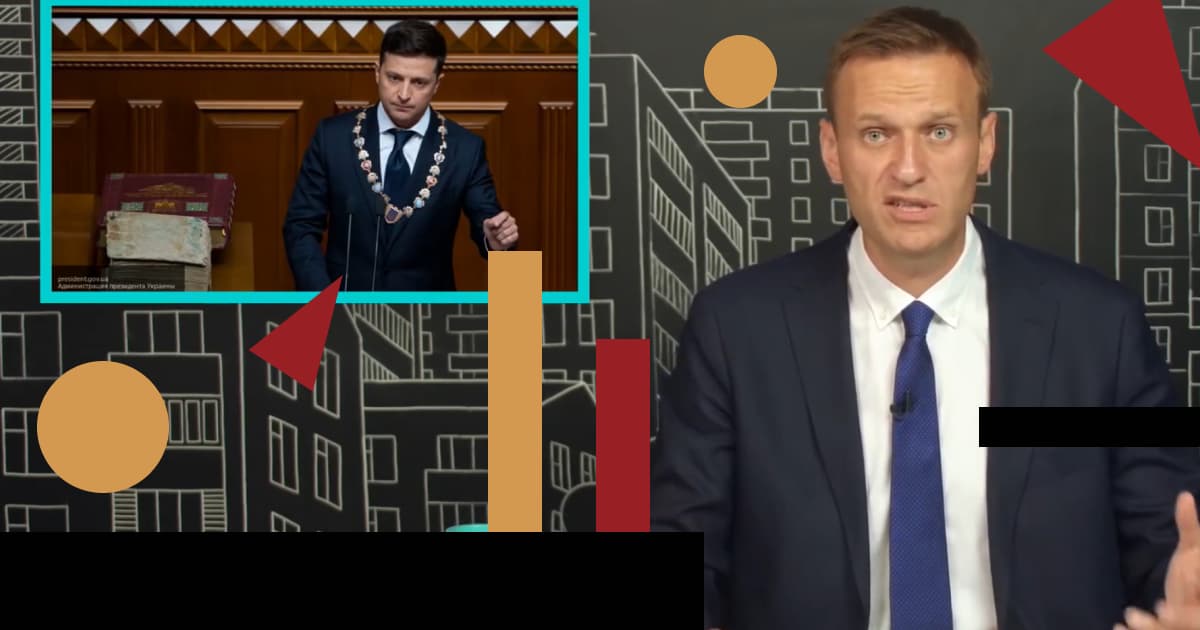
Lack of response to Russian war crimes in Ukraine
Russia's full-scale invasion began when Navalny was in a detention centre. However, the team kept running his social media accounts on behalf of Alexei. There is no condemnation of the full-scale invasion on his accounts. Navalny's team has also not condemned Russian crimes in Mariupol, Bucha, Izium or any other city.
On April 14, 2022, Navalny posted a statement in which he said that "access to free information is as bad as Javelins (anti-tank systems that the West supplied to Ukraine before and after the full-scale invasion of Russia - ed.) Navalny proposed to create massive "anti-war" advertising and called on world leaders, including US President Joe Biden, then-Prime Minister Boris Johnson, and EU diplomat Joseph Borrell, to "find a solution to use the advertising capabilities of social media to spread the news about Ukraine".
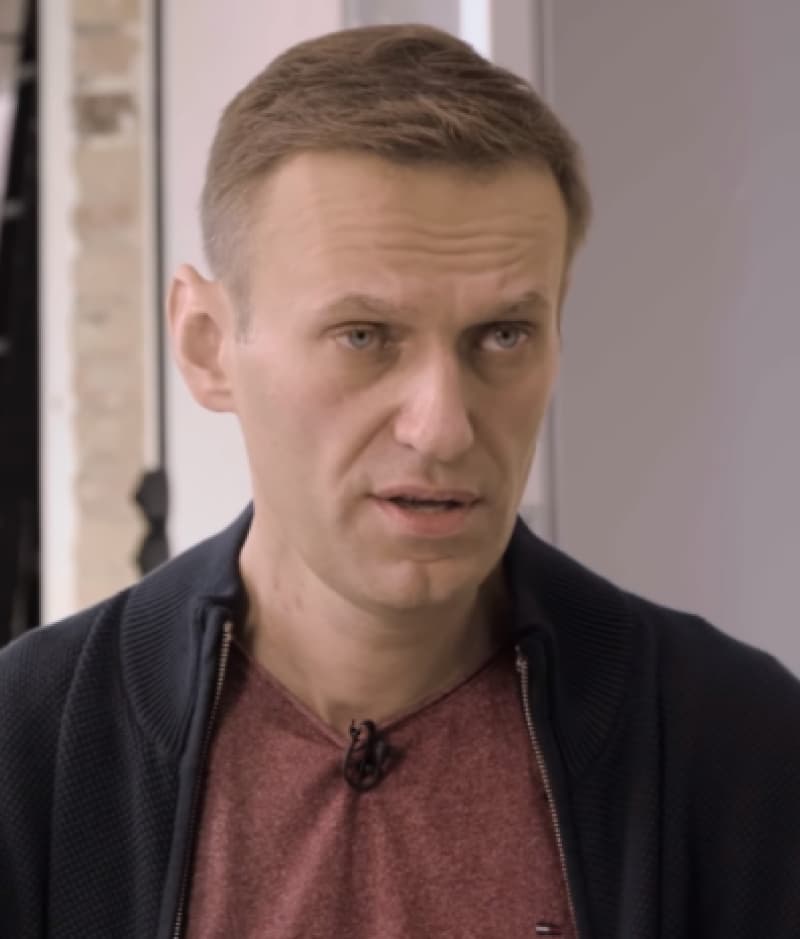
"One shot from a javelin costs $230,000. For the same money, we will get 200 million views of ads of various formats and ensure at least 300,000 clicks on links or at least 8 million views of videos with the truth about what is happening in Ukraine,"
Navalny wrote.
It was only in February 2023 that Navalny posted on Facebook his vision of a "healthy" Russian politics in the future and wrote what he thought about the war in Ukraine: "President Putin has unleashed an unjust war of aggression against Ukraine under ridiculous pretexts [...] What are Ukraine's borders? The same as Russia's - internationally recognised, defined in 1991. We, Russia, also recognised them then. Russia should recognise these borders now."
At the same time, Navalny called for reparations to be paid to Ukraine.
Not Ukraine alone
In 2008, Alexei Navalny supported the Russian invasion of Georgia.
In the same year, Navalny published a post in which he called people from Central Asia "Chuchmeks" (another ethnic slur about the Buryats, Qazaqs and other Asian peoples used by Russians to show their superiority - ed.) In 2017, Navalny claimed that this was his way of demonstrating his negative attitude towards illegal migration.
There is also a photo of Alexei Navalny at the annual Russky (not the Russian one; Russian far-right activists use this adjective to demonstrate their superiority over other peoples living in Russia - ed.) march held by Russian far-right activists.


